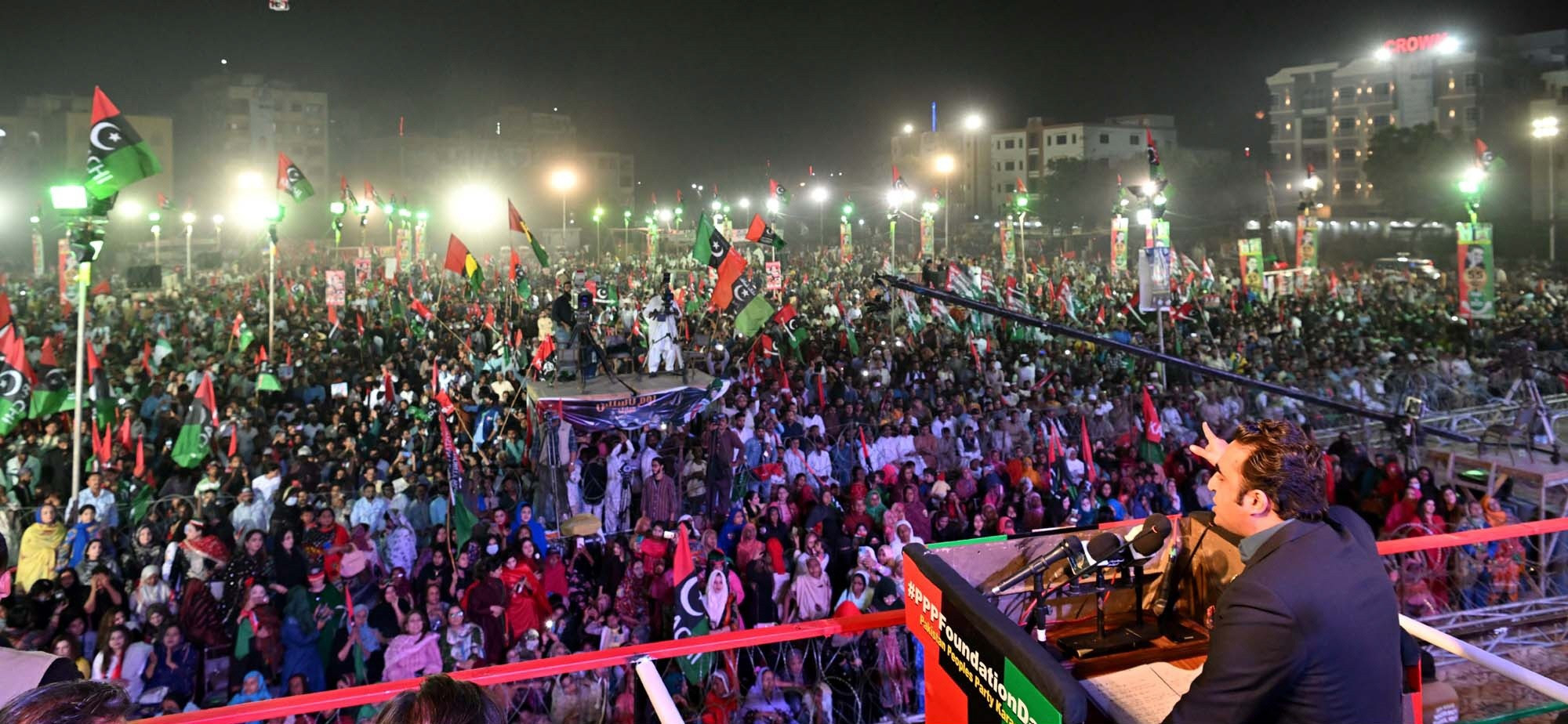SOCIAL
Political parties vie for social media dominance

KARACHI:
One of the significant advantages of social media in the realm of politics is its ability to transcend traditional barriers. Unlike traditional media platforms, such as television or newspapers, social media platforms like Twitter, Facebook, and Instagram offer politicians a direct and immediate line of communication with the public. They can share their thoughts, opinions, and policy initiatives directly with millions of followers, bypassing intermediaries and traditional gatekeepers.
While Pakistan is still catching up to developed countries in terms of utilizing social media in the democratic process, it is undeniable that the country is undergoing its own revolution in this regard.
Pakistan’s journey in harnessing the power of social media for political purposes has seen significant strides, albeit with some unique challenges. In recent years, Pakistani politicians have started to leverage social media platforms to connect with the masses, particularly the younger generation that forms a significant portion of the country’s population.
While discussing the topic objectively, it is worth noting that various political parties in Pakistan have actively engaged in the social media arena, and their success can vary based on different factors. The Pakistan Tehreek-e-Insaf (PTI) has indeed demonstrated a strong presence and success in the social media domain, particularly in recent years. They effectively leveraged platforms such as Twitter.
Facebook, and Instagram to connect with supporters, disseminate their message, and mobilize their base. This proactive approach allowed them to engage with a wider audience and gain traction in the digital sphere.
In the realm of social media, the Pakistan People’s Party (PPP) under the leadership of Bilawal Bhutto Zardari has been making notable progress and catching up with other political parties in recent years.
Bilawal Bhutto Zardari, as a young and dynamic leader, has recognized the importance of social media as a tool for political engagement and has actively used it to connect with the party’s supporters and reach a broader audience. Under his leadership, PPP digital has been investing in building a strong social media presence and developing a comprehensive digital strategy. This direct interaction has helped create a sense of accessibility and engagement, allowing the party to connect with supporters and mobilize them more effectively.
Moreover, PPP digital has also embraced social media influencers and celebrities to amplify its message and extend its reach. Collaborating with popular figures on social media has allowed the party to tap into different demographics and increase its visibility among a wider audience.
When it comes to utilizing social media in the political arena, both the Pakistan Tehreek-e-Insaf (PTI) and the Pakistan People’s Party (PPP) have shown significant progress and have established a strong presence. However, compared to these two parties, the Pakistan Muslim League-Nawaz (PML-N) has faced some challenges in effectively leveraging social media platforms.
Their proactive strategies, engagement with followers, and focus on interactive content have contributed to their success in the online political arena.
In conclusion, social media has become a crucial battleground for political competition in Pakistan, with the Pakistan Tehreek-e-Insaf (PTI) and the Pakistan People’s Party (PPP) establishing themselves as frontrunners in utilizing these platforms effectively. Both parties have recognized the significance of social media in engaging with supporters, disseminating messages, and mobilizing their bases. Their proactive approaches, direct interaction with followers, and strategic content have propelled their social media success.

















